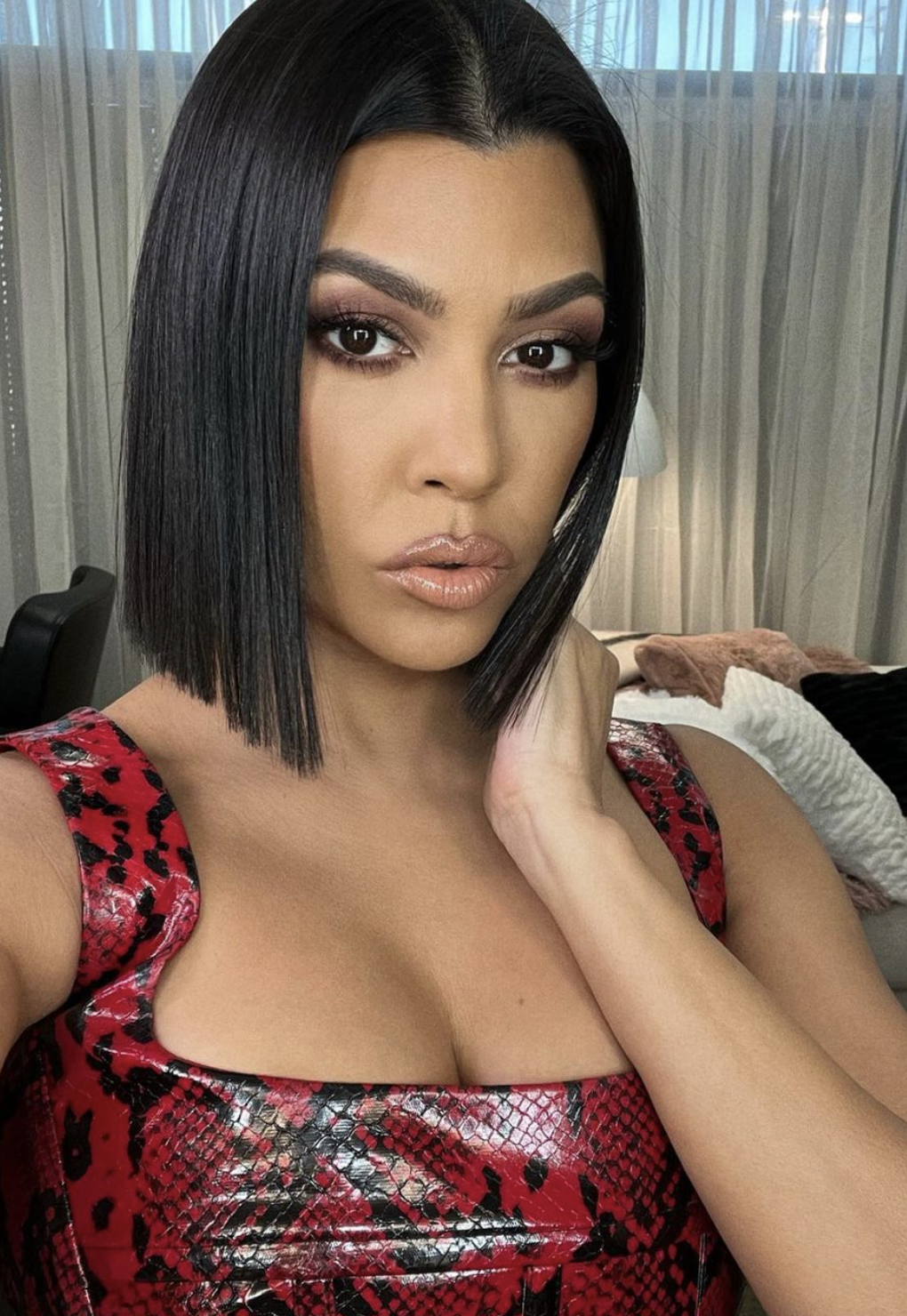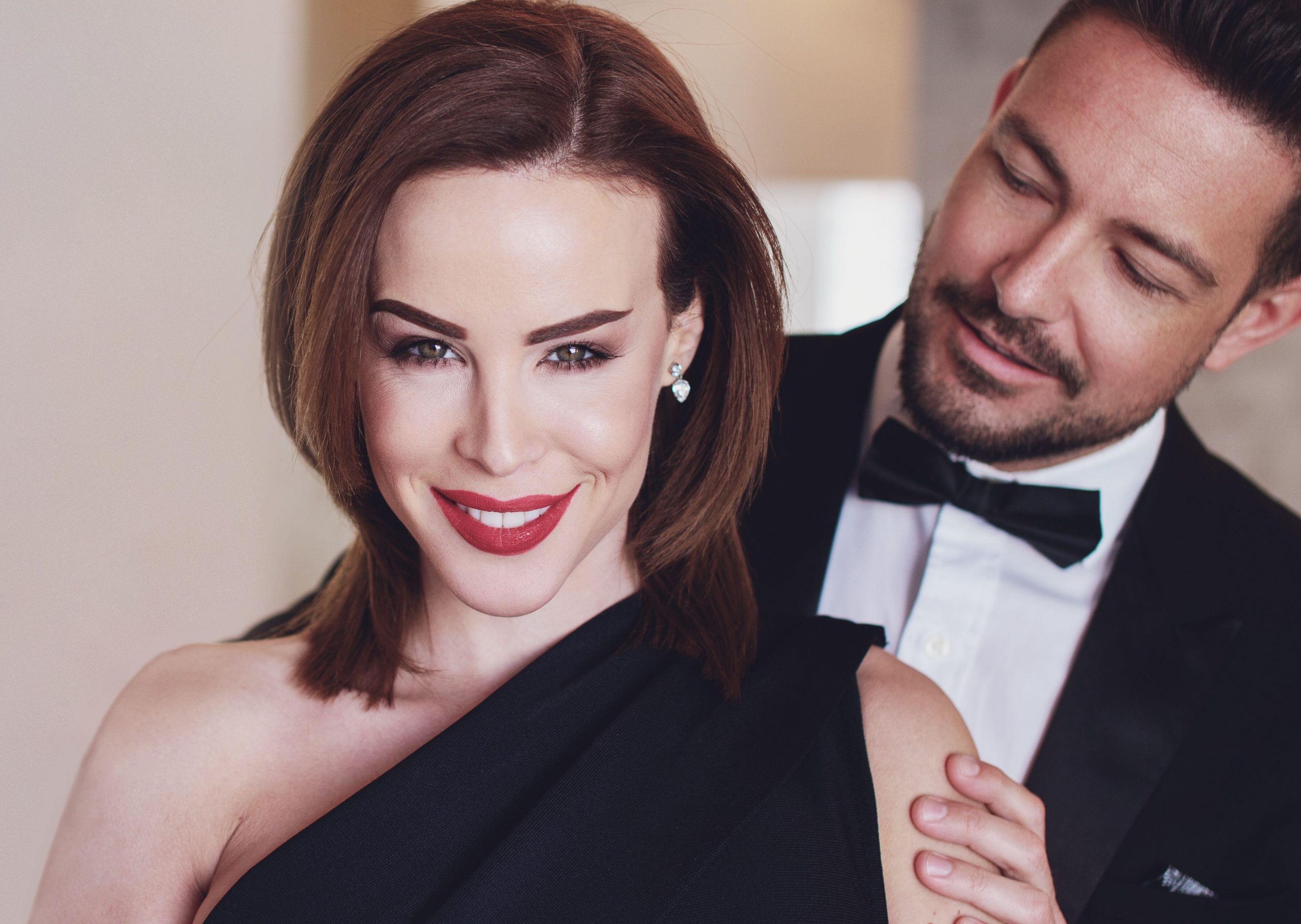A dating expert has revealed the five major signs that you may be autosexual.
Kourtney Kardashian recently came out as autosexual in a viral blog post but fans have since been left baffled by the reality TV star’s explanation about her sexuality.
For others it has raised questions, could you also be autosexual and not even know it?
Well, IGV has exclusively spoken to dating expert Alex Bert, a relationship coach with over 14 years of experience, about the phenomena.
He tells us: “As a relationship coach, I’ve noticed an emerging sexual identity that is becoming more commonly recognised – autosexuality.
“Autosexuality involves a primary sexual attraction to oneself rather than to others.”

Related Article: ‘The Penny Method’ Is A Disturbing New Dating Trend That’s Worse Than Ghosting
Related Article: Dating Expert Shares Biggest Reason Why Women Stop Sleeping With Their Husbands
So, here are the five key signs that you may identify as autosexual:
1. Mirror play
Bert claims a major signifier you’re autosexual is if ‘you enjoy pleasuring yourself in front of a mirror’.
He explains that: “Autosexual individuals often find deep erotic and emotional satisfaction in engaging in self-stimulation or masturbation while watching their own reflection.
“Seeing yourself in a state of pleasure heightens the experience.”
2. Fantasies
Fantasising about having s** with yourself is another key sign of autosexuality, Bert says.
The expert explains that while it’s common to fantasise, those who are autosexual will imagine scenarios ‘involving only themselves, rather than other partners’.

3. Self-focus
Bert claims that autosexuals may find themselves ‘drifting’ during s** with a partner, and then begin to admire their own body and become excited ‘by how attractive you find yourself’.
“You may even angle yourself toward mirrors to get a better view,” he adds.
4. Solo climax
Another sign to look out for, per Bert, is whether you have better climaxes during solo play.
He points out: “If your most consistently mind-blowing o**asms happen when you’re all by yourself, it may mean that you’re wired to get the most satisfaction from self-love and self-pleasure. You know exactly how to satisfy yourself!”
5. Plenty of confidence
The final sign Bert offers isn’t so much about s** but about self-perception.
Autosexuals are typically extremely self-assured and confident and don’t need much outside validation.
He says: “Compliments from others pale in comparison to how sexy you find yourself. While you may appreciate compliments on your appearance, they don’t hold a candle to how attractive and sexy you find yourself to be. Your own self-desire and self-admiration are much more powerful.”

Bert stresses that you don’t have to identify with all the signs to be considered autosexual, concluding: “Of course, sexuality exists on a spectrum, and autosexuality isn’t an all-or-nothing proposition. You can identify as autosexual while still enjoying partnered s**.
“But if these signs resonate strongly with you, you may find freedom and empowerment in embracing autosexuality.”
Do you have a story for us? If so, email us at [email protected]. All contact will be treated in confidence.






